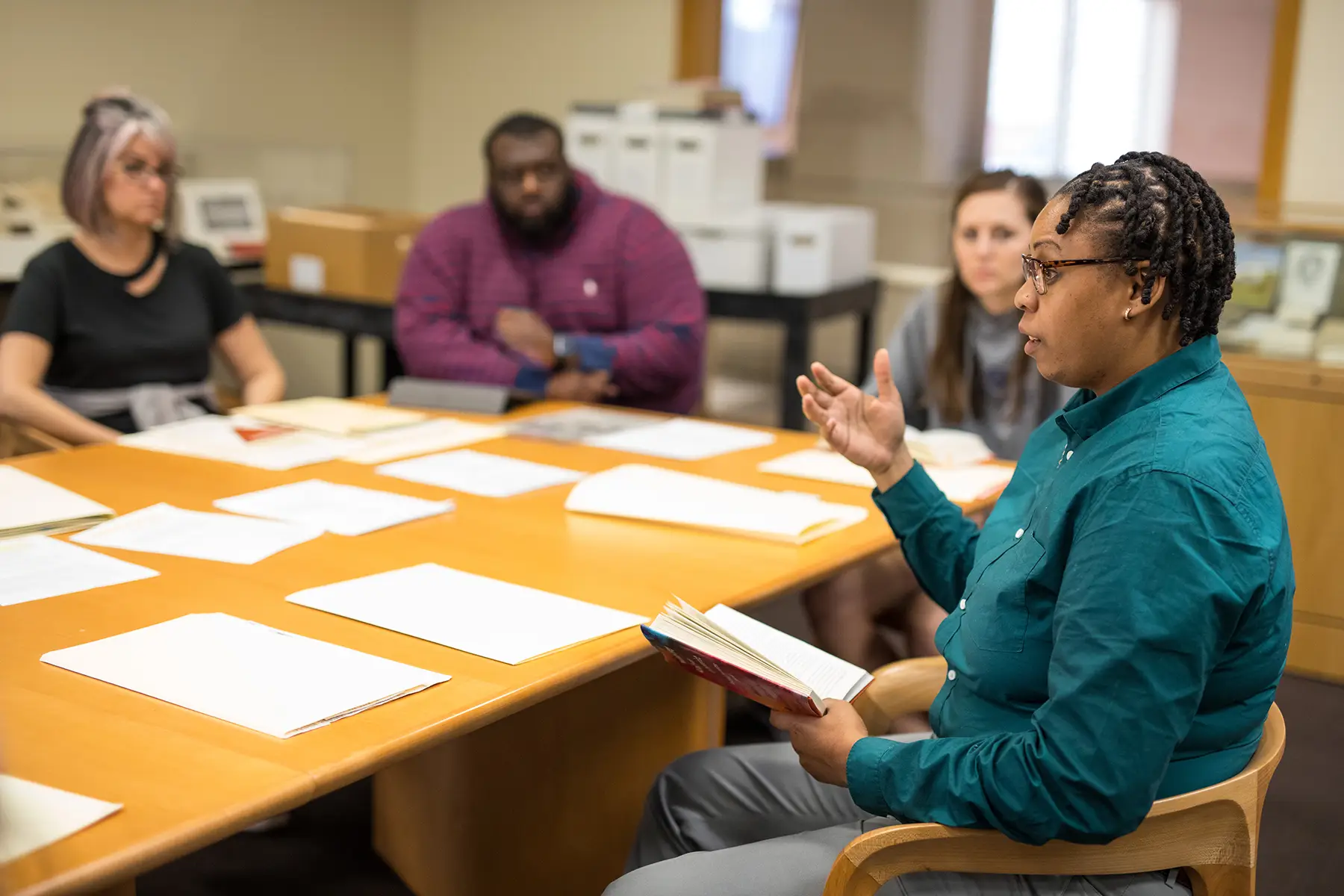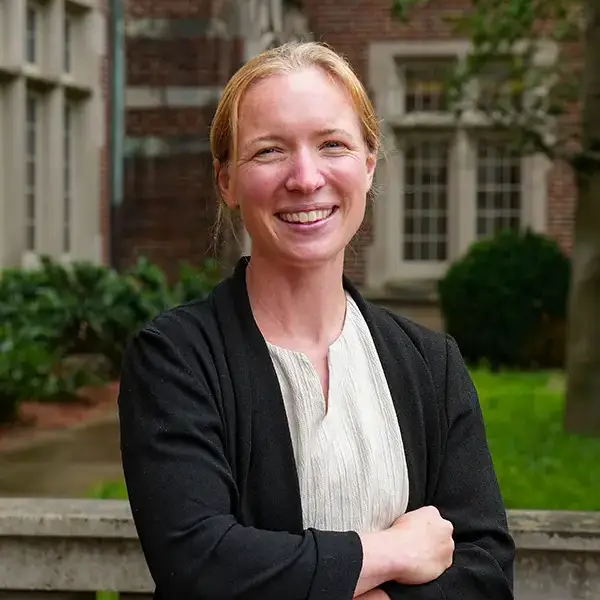
DIVISION OF
SOCIAL SCIENCES
The social sciences investigate human beings in society, culture, and nature. Across various fields that concentrate on economic, political, and social behavior, social scientists explore questions about how individuals, groups, and entire cultures develop and thrive, navigate conflict, and persevere in the face of profound obstacles. A unique power of social science is to provide solutions to problems—to help make our institutions, communities, and the individuals who inhabit them stronger, healthier, and better equipped for the challenges of tomorrow.
Archaeology. Statistics. Focus groups. Brain imaging. Big data. Forensics. Open science. Survey research. Clinical trials. Archives. Climate modeling.
One division,
endless possibilities.
Departments

Africana Studies

Africana Studies
Engage in the interdisciplinary study of Africa, African Americans, and the African Diaspora around the world.

Anthropology


Geography and Sustainability

Geography and Sustainability
Study people and our environments across the globe and throughout time.

Political Science

Political Science
Address critical societal issues through topics like public health, social justice, international law, and human rights advocacy.

Psychology & Neuroscience

Psychology & Neuroscience
Explore the human mind with programs in psychology and neuroscience.

Sociology

Sociology
Examine everyday social behavior and the structural factors that contribute to social injustices.
“We are social scientists, humanists, biologists, and more. The interdisciplinary breadth of our division is a key strength of our community and one that I take seriously as an interdisciplinary scholar myself.”
Patrick Grzanka
Divisional Dean for Social Sciences
Featured Courses

POLS 371
Terrorism and Political Violence
This course focuses on the causes and consequences of terrorism and political violence. Students will be introduced to theoretical and empirical research on violent political conflict and the role of non-state actors in our world today. Topics will vary, but may include: trends in armed conflict, underlying causes of terrorism and political violence, characteristics of violent non-state actors, strategies of violent non-state actors, the process of radicalization, and efforts to counter violent non-state actors.

PSYC 482
Behavior, Hormones, and the Brain
This special topics course, Behavior, Hormones, and the Brain will focus on the role of hormones in neural function and behavior. A variety of basic topics related to reproduction, sexual differentiation, parental behavior and aggression will be covered.

PSYC 482
Vertebrate Neuroanatomy
This special topics course, Vertebrate Neuroanatomy, will introduce the common features and some evolutionary modifications of vertebrate central nervous system organization by examining the embryological processes. Beyond the early developmental phase, we will focus most closely on mammalian central nervous system organization.
News
- Scholar Spotlight: Mojca Kuplen“I explore various ways that art engages our minds and, thereby, fosters self-understanding and empathy for others.” Mojca KuplenTeaching Assistant… Read more: Scholar Spotlight: Mojca Kuplen
- Scholar Spotlight: Anna Marshall“As a fluvial geomorphologist I study how rivers shape the landscape and how people, in turn, shape rivers.” Anna MarshallAssistant… Read more: Scholar Spotlight: Anna Marshall
- McClanahan is Critical Criminologist of the YearBill McClanahan has been recognized as Critical Criminologist of the Year for his published research and teaching. Assistant Professor Bill… Read more: McClanahan is Critical Criminologist of the Year


